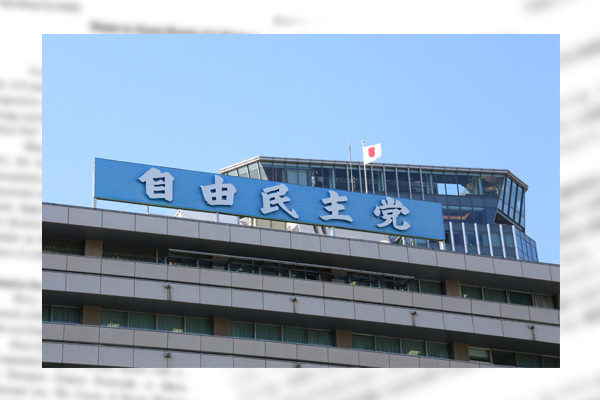Taro Kono is reportedly leading the other three candidates for the ruling Liberal Democratic Party’s presidential election on September 29. After hearing his remarks at press conferences and debates since the September 17 announcement of the election, I feel that Kono is not ready to lead Japan. I would like to ask LDP members again if a Prime Minister Kono would be okay.
Uneasy defense and energy policies
The Japan Institute for National Fundamentals has placed an opinion ad on three major national newspapers urging the four LDP presidential candidates to show their preparedness to defend the country. In the ad, the institute asked the candidates if they would support having capabilities to attack enemy bases to deter enemy attacks.
Kono said the idea of having such capabilities is a concept for the Showa Era that ended in 1988, indicating that it is outdated. In contrast, Sanae Takaichi called for building capabilities to neutralize enemy bases promptly. Fumio Kishida described capabilities to attack enemy bases as a leading option. Just after North Korea test-fired ballistic missiles from a train, missile defense has become an urgent issue.
Deterrence produces diplomatic power. Nevertheless, Kono would never discuss how to increase deterrence. He only says “we should discuss the way to increase deterrence with the Japan-U.S. alliance” rather than capabilities to attack enemy bases.
As for energy policy, Kono said, “it is not an absurd idea that Japan could depend on renewable energy for 100% of its total energy supply,” confirming that he would give top priority to renewable energy. According to an estimate by the Ministry of Economy, Trade and Industry, however, consumers would have to pay up to 4.9 trillion yen in fiscal 2030 under the Feed-in Tariff System that requires major power utilities to purchase electricity generated with renewable energy at a fixed price. We must also remember that annual electricity payments for average households have risen by 13,000 yen since a Democratic Party of Japan administration led by Naoto Kan attempted to promote renewable energy.
The JINF opinion ad asked candidates if a plan to cancel the reprocessing of spent nuclear fuel would amounts to dismantling nuclear power plants altogether because spent fuel would have nowhere to go according to the plan. Kono, who has called for revising the nuclear fuel cycle, only said the government would have to negotiate with Aomori Prefecture where a nuclear fuel reprocessing facility is located. He insists that Japan should promote renewable energy and use restarted nuclear power plants to make up for any electricity shortfall. But such policy would endanger stable electricity supply.
Regarding a pension reform, Kono has come up with a “minimum guaranteed pension” initiative to use consumption tax revenue for financing basic pensions. While emphasizing that the initiative is designed to maintain the pension system, he has never discussed how much the consumption tax has to be raised to fund the initiative.
Don’t leave negative legacy to future generations
While Kono spells out sugared words such as renewable energy promotion, we must find out what he does not discuss or what real policies he has in mind. His calls for “warm society” and “sympathetic government” remind us of former Democratic Party of Japan that advocated “tight-knit society” and “human-friendly politics.” We must remember that the DPJ governments plunged Japan into a crisis.
Young LDP lawmakers have freedom to call for reforming their party. But policies are the most important. Unless we assess specific policies and judge, negative legacy would be left to our children and grandchildren.
Takashi Arimoto is publisher of Monthly Magazine SEIRON at the Sankei Shimbun newspaper.


